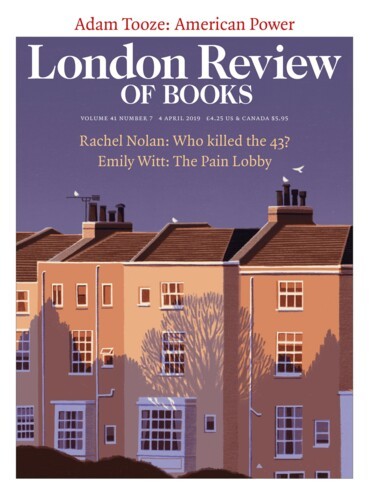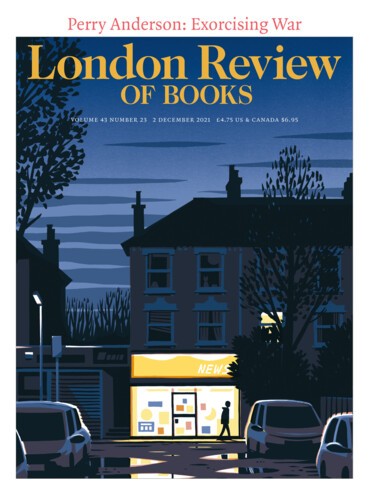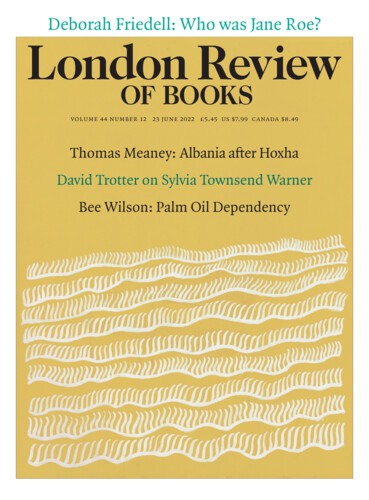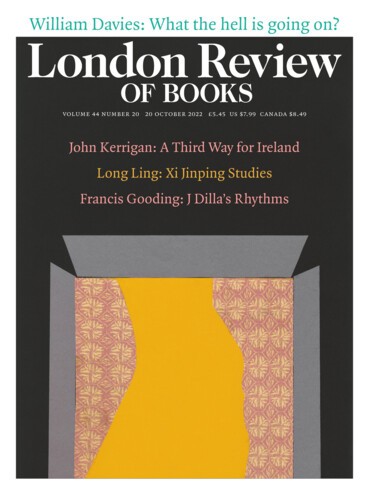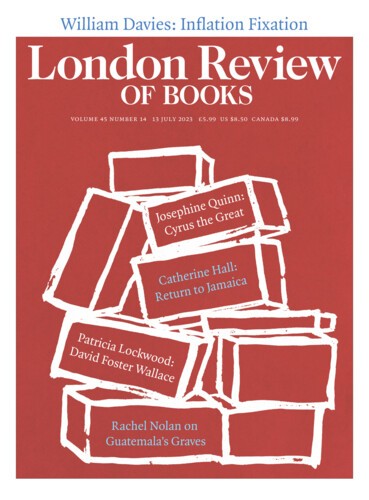It is very easy to die here: Who killed the 43?
Rachel Nolan, 4 April 2019
On the night of 26 September 2014, in the town of Iguala in the Mexican state of Guerrero, local police opened fire at several buses – some full of students, one carrying football players coming home from a match. Six people were killed. By midnight, 43 more students had disappeared, or, rather, had been forcibly disappeared. That’s where the story fades to grey. As the case of the missing students became international news, parents and activists went looking. They found first one mass grave, then another and another. Not their children’s. Other bones.
